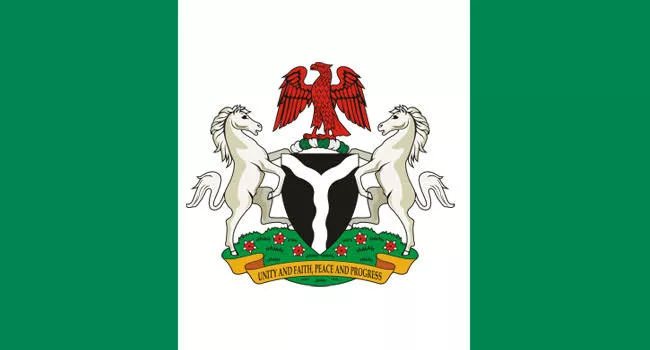Nigeria is facing significant health and economic challenges due to the persistent issue of open defecation, with an estimated £1.5 billion lost annually due to related health issues and reduced productivity.
This stark figure includes the cost of medical treatment, loss of productivity, and premature deaths linked to diseases such as diarrhoea, cholera, and malnutrition, which are exacerbated by poor sanitation and water contamination.
In response to this growing concern, the federal government of Nigeria, in collaboration with the United Nations Children’s Fund (UNICEF), organised a private sector consultation for the ‘Clean Nigeria Campaign’ on Tuesday and Wednesday in Lagos, to renew efforts to eliminate open defecation by 2030, in line with the United Nations’ Sustainable Development Goals (SDGs).
The director of Water Quality, Sanitation and Hygiene at the Federal Ministry of Water Resources and Sanitation (FMWRS), Mrs Elizabeth Ugoh, said despite efforts to attain open defecation-free status, only 126 local governments out of 774 have achieved this goal.
Ugoh emphasised the need for increased investment, improved infrastructure, and stronger partnerships to address these challenges while calling on the private sector to actively support sanitation initiatives.
UNICEF Nigeria’s chief of Water, Sanitation, and Hygiene (WASH), Dr Jane Bevan, stated that with an estimated 48 million people lacking access to toilets, Nigeria remains one of the world’s worst offenders for open defecation. To end the problem, Bevan said the government cannot solve this issue alone and called for a multi-faceted approach that includes the private sector.
“There is a need for private businesses to invest in public toilets, particularly in urban areas like Lagos,” she added.
On her part, the chief of the UNICEF Lagos Field Office, Céline Lafoucrière, urged the private sector to play a more significant role in addressing Nigeria’s sanitation crisis, which affects an estimated 48 million people. Highlighting the urgent need for investment and partnerships to improve sanitation infrastructure and promote behavioural change, she emphasised the critical importance of private sector involvement in achieving universal access to sanitation.
“We need all hands on deck because this is a vital and major task that we must tackle today, with an estimated 11 million toilets needed across Nigeria. This presents a significant economic opportunity for the private sector, the population, and the government. The Nigerian government, development partners, and the private sector must work together to address this pressing issue.”
The director-general of the Lagos Chamber of Commerce and Industry (LCCI), Dr Chinyere Almona, noted that over 48 million people in Nigeria still practise open defecation, contributing to a staggering annual loss of £1.5 billion due to health-related issues and reduced productivity. Almona said investing in improved sanitation addresses these critical health concerns and promises substantial economic returns, citing studies that show a significant return on investment in sanitation, with potential economic benefits of up to £5.50 for every £1 spent.
Reacting on behalf of the private sector, the representative of the Nigerian Economic Summit Group (NESG), Mr Nyananso Ekanem, pledged NESG’s support in building toilets and sanitation facilities in public places, schools, and communities, improving the management of wastewater and faecal sludge, and ensuring access to safe drinking water.
“We will work with the government and UNICEF to identify investment opportunities and ensure their realisation. This means identifying business cases for businesses and initiating some test projects to encourage private sector investment over time,” he stated.





